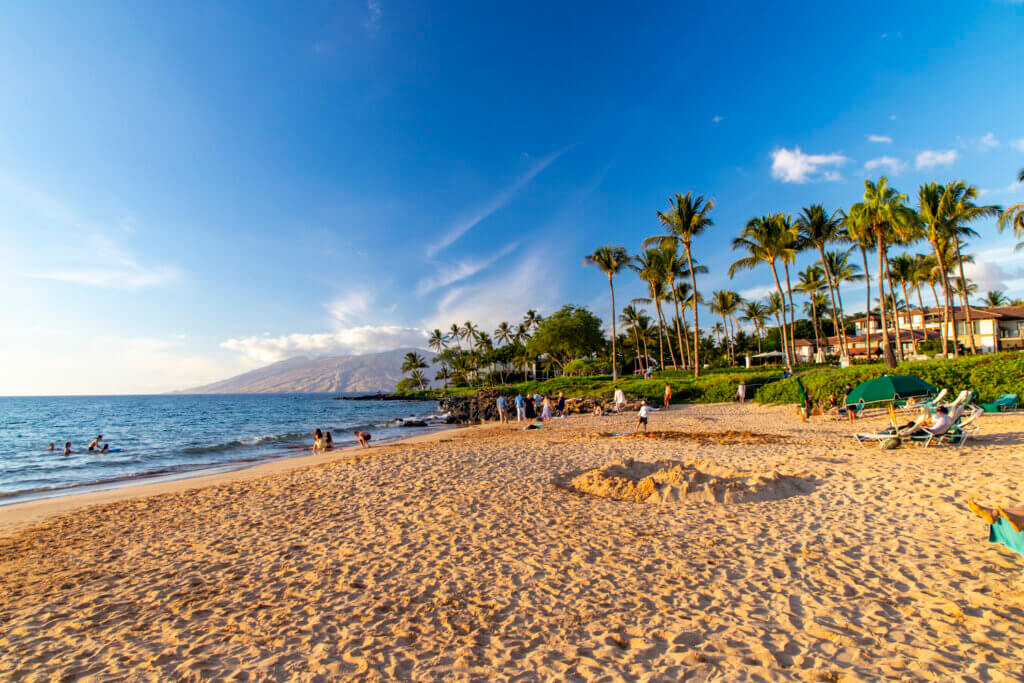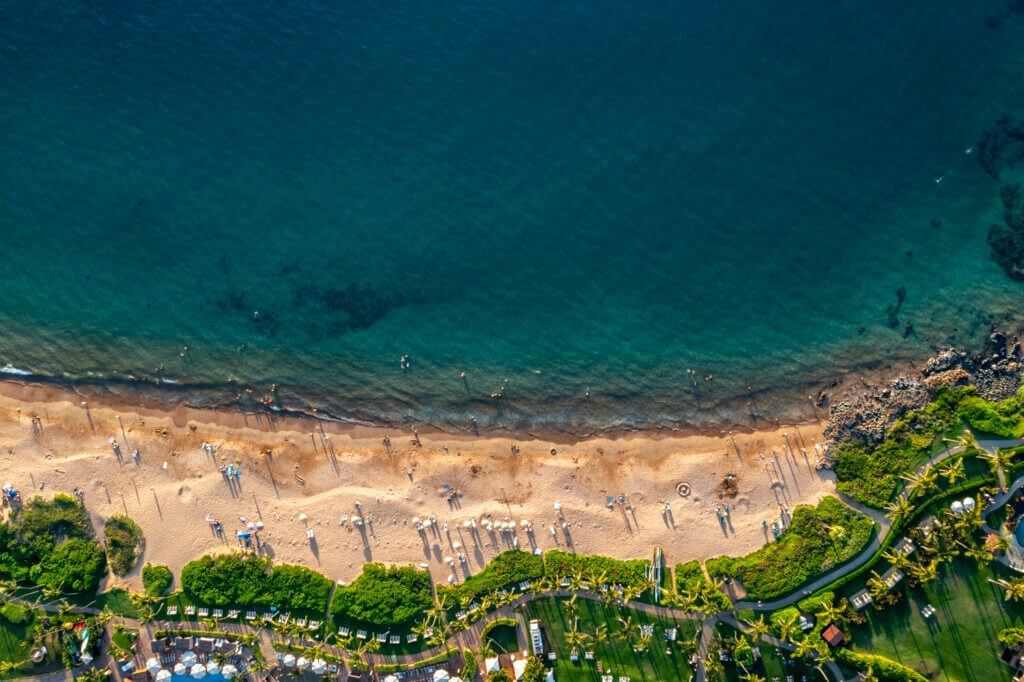Tourism has been a hot topic issue in Hawaii, especially since the pandemic gave locals a reprieve. Yes, there are very loud, unreasonable voices standing out against visitors, but there is an increasingly negative sentiment based on behavior, and a tragic drowning reignites tourism debate thanks to the survivor’s actions afterward.
The other week, news broke about a truly tragic incident. A Michigan family visiting Maui, reportedly for their sixth time overall in Hawaii, lost their father during a snorkeling accident. The family says that in past, they’ve been snorkeling numerous times in the islands. However, this time, Ray Johnson was snorkeling off Wailea Beach in front of the Fairmont Kea Lani on February 25, 2024, when he started having trouble breathing. With the assistance of others, he made his way back to shore, but fell back “with his head snapped back one way” and needed to be dragged ashore. Efforts to resuscitate him weren’t successful and he was, unfortunately, pronounced dead on the beach.
An autopsy report following the tragedy ruled the incident a drowning. However, after receiving the report, Ray’s widow, Patricia Johnson, began claiming that her husband’s death wasn’t due to drowning, but was the result of a little known condition called Rapid Onset Pulmonary Edema (ROPE). The condition occurs when the negative pressure on the lungs ends up sucking bodily fluids out of the capillaries and into the airways, which snorkeling can exasperate – especially when using a full-face mask.
Unfortunately, the autopsy, or at least what the public has been able to see, doesn’t show signs of ROPE. But it isn’t the incident itself that’s getting to people. No, the fact that the tragic drowning reignites tourism debate is thanks to what happened next.
Tragic Drowning Reignites Tourism Debate
Losing a loved on is extremely difficult. I can’t imagine the grief and trauma Patricia experience during and after the incident. However, the way she reacted is really striking a nerve with locals, which is how a tragic drowning reignites tourism debate. You see, not only is Patricia and the Johnson family disputing the autopsy report, but they have since filed suite against the Fairmont Kea Lani, the Hawaii Tourism Authority, and the Hawaii Tourism and Convention Bureau.
The Johnson family claims that the resort and the two State of Hawaii agencies failed to educate the public about ROPE, resulting in an “important public health concern.” Further, she told USA Today that she wants to see warnings about the condition and believes her husband would still be here if someone warned him.
So, what do they want? Likely monetary damages. However, the Johnson’s attorney also stated that they want to see “pamphlets in rooms, apps, websites, in-room videos, all types of mechanisms to warn people. It’s an easy enough thing to do. We believe had they done that, Ray would still be alive today as well as many other people.”
Yeah, ok.
The Local Debate
The demand for more education isn’t unreasonable, and I’m sure many locals agree. However, the reason the tragic drowning reignites tourism debate, is because, for one, ROPE is still a misunderstood condition. There isn’t enough data out there to conclusively says what causes it and, therefore, there isn’t a huge push to get information out there. But beyond that, ROPE and drownings are just one of a number of ways people meet their end in the islands. So, where does it end?
Look, I’ve always advocated for personal responsibility, and this lawsuit flies in the face of that. In fact, it seems to me that the family wants to absolve themselves of responsibility and receive a payday. Either one of these would piss people off, but both? And, guess what? the studies that need to be done, the content that needs to be produced and distributed, and the payout the family is trying to get will all come from, you guessed it, local’s wallets. You see, we pay the majority of the taxes that funds the state, and, therefore, this lawsuit will cost us all in some way.
Of course, lawsuits like these will only cause people to push for tourism fees and higher tourist-focused taxes, such as transit accommodations taxes. These are all things tourists don’t want to pay. But, guess what? The actions of other visitors are pushing things in this direction. And things aren’t going to get better unless people learn to behave and hold themselves accountable.
Tragic Drowning Reignites Tourism Debate, Final Thoughts
I don’t want to minimize or trivialize what the Johnson family has been through. But turning around and suing others for it isn’t the way to go. Swimming in the ocean is dangerous. Going hiking is dangerous, as is skydiving, horseback riding, etc. Hell, even driving is dangerous. Is it really the State of Hawaii’s responsibility to educate people on the dangers you’ll potentially face in the islands? No. Literally no other destination on Earth does. And even if we did, how many people would actually pay attention? Judging by how few people actually observe airline safety briefings, even first time fliers, probably almost none.
So, yeah, that’s why a tragic drowning reignites tourism debate. That’s also why, if visitors don’t want to get hate from locals, they need to stop behaving like this. Do your homework and take responsibility for your own actions.


